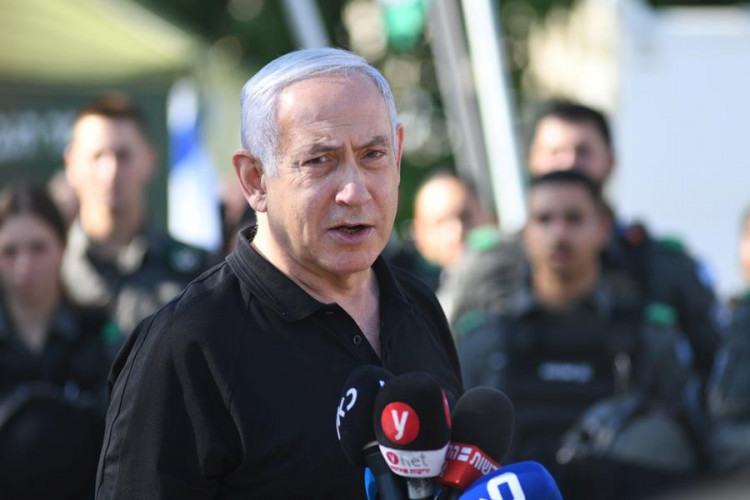Israeli Prime Minister Benjamin Netanyahu is facing mounting political pressure following a series of airstrikes against Hezbollah that many critics argue were insufficient to address the escalating conflict. The limited scope of Sunday's strikes, described as a preemptive measure, has fueled widespread discontent, particularly among the far-right factions of Netanyahu's coalition government.
The airstrikes, which targeted southern Lebanon, followed a barrage of rocket and drone attacks from Hezbollah. While Israeli Defense Minister Yoav Gallant claimed the operations prevented Hezbollah from launching up to two-thirds of its planned rockets, the overall reaction has been one of frustration and disapproval. The engagement marked the most intense cross-border confrontation since the 2006 Lebanon War, but the impact on the ground, in terms of both strategic advantage and civilian protection, remains a point of contention.
Critics, including prominent figures from Netanyahu's coalition, argue that the prime minister's approach was overly cautious. Ben Caspit, a columnist for Maariv, expressed dissatisfaction with the limited scope of the airstrikes. "For nearly a year, the Galilee has been pulverized and tens of thousands of Israelis have been displaced," Caspit wrote. "Netanyahu opted for the most conservative military option, which disrupted Hezbollah's plans but failed to restore the strategic situation in the north."
The controversy is exacerbated by the ongoing displacement of approximately 80,000 residents from northern Israel, who have been forced to leave their homes due to Hezbollah's attacks in solidarity with Hamas. These residents have expressed frustration with the government's perceived focus on defending central Israel, while northern communities remain in turmoil.
Retired General Benny Gantz, a former minister in Netanyahu's coalition and one of his main political rivals, echoed these concerns. Gantz described the airstrikes as "too little, too late," urging for increased political and military pressure to push Hezbollah away and enable displaced residents to return to their homes.
Netanyahu's far-right National Security Minister, Itamar Ben-Gvir, has also joined the chorus of criticism. Ben-Gvir has called for a more decisive war against Hezbollah, accusing Netanyahu of settling for a single, preemptive strike rather than pursuing a comprehensive campaign. The national security minister's criticisms are part of a broader discord within the coalition, which is also divided over sensitive issues such as the status of Jerusalem's holy sites.
The status of the Temple Mount, a site of intense religious and political significance, has further complicated Netanyahu's position. Ben-Gvir has pushed for a change in the long-standing policy that restricts Jewish prayer on the Temple Mount, a stance that has drawn sharp rebukes from other coalition members and heightened tensions both within Israel and in the broader Arab world.
Israel's Defense Minister Yoav Gallant has warned that undermining the status quo on the Temple Mount could endanger the country's security, a sentiment echoed by other officials. Interior Minister Moshe Arbel has even suggested stripping Ben-Gvir of his authority over the police, citing concerns over his reckless rhetoric.




